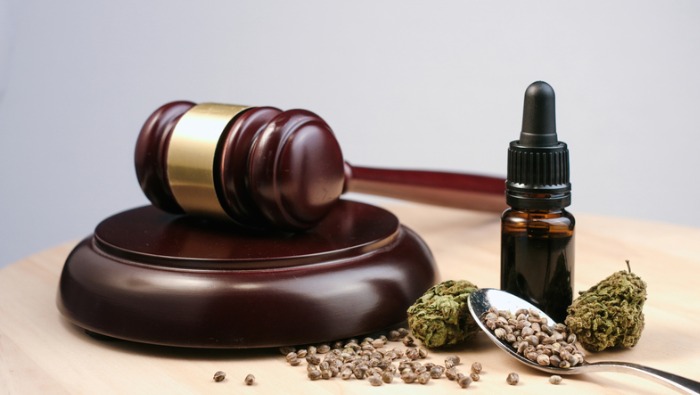Two recent legal developments affect employers with cannabis users in the workplace and further complicate the legality of off-duty marijuana use. The developments give opposing insights into the direction other states will take on the issue of off-duty marijuana use. Earlier this month, the Supreme Court of Nevada (the Court) upheld a district court’s dismissal of a lawsuit involving off-duty marijuana use. The suit was brought by an employee who was terminated for testing positive for marijuana on a post-accident drug test. Meanwhile, in July 2022, Washington D.C. Mayor Muriel Bowser signed a bill prohibiting employers within D.C. from taking adverse action against employees for their off-duty marijuana use. At the same time, the U.S. Court of Appeals for the Fifth Circuit upheld an earlier ruling that employers may discipline employees for behavior caused by a medical condition.
Background of the Nevada Case
In June 2020, an employee at Palace Station Hotel and Casino (the employer) in Nevada slipped and fell in the break room. Per company policy, he had to take a post-accident drug test. The employee tested positive for marijuana. Subsequently, the employer terminated him. The employee later filed suit with the employer in the Eighth Judicial District Court in Clark County, Nevada. He claimed the employer’s adverse action against him violated Nevada’s lawful products law (NRS 613.333). Specifically, the law states that:
- an employer may not discharge or discriminate against any employee because they engaged in the lawful use in Nevada of any product outside of the workplace during non-working hours if it does not affect their ability to perform their job safely, and
- an employee who is discharged in violation of the law may bring a civil action against the employer.
The employee argued that he used marijuana outside of work hours and that his off-duty marijuana use was lawful in Nevada.
Nevada Decision on Off-Duty Marijuana Use
In Ceballos v. NP Palace, LLC, No. 82797, the Court upheld the earlier district court’s decision to dismiss the employee’s lawsuit. In brief, the Court held that since marijuana use is illegal under federal law, the employee’s off-duty marijuana use could not have been lawful. The Court added that if the legislature intended to protect all cannabis use outside of work hours, it would have included the phrase “under state law” in the statute. Therefore, Nevada law does not protect any off-duty use of cannabis.
Overview of the D.C. Off-Duty Marijuana Use Legislation
In July 2022, Washington D.C. Mayor Muriel Bowser signed the Cannabis Employment Protections Amendment Act of 2022 (the Act). The Act makes it illegal for employers to reject job applicants or terminate existing employees for off-duty marijuana use. Presently, the bill is in congressional review in the District before it can become law. In detail, the Act prohibits employers from taking any adverse action based on:
- a person’s cannabis use or their status as a medical marijuana patient, and
- the presence of cannabinoid metabolites in a person’s body fluids during a drug test, except in situations where the person is impaired.
However, an employer may take adverse action against an employee if their cannabis use during work hours affects their performance of job duties or creates a safety hazard in the workplace. The bill includes specific exemptions for employers with workers in safety-sensitive positions or under federal contracts.
Employer Takeaways
As of this post, 19 states have legalized recreational marijuana use. These states are Alaska, Arizona, California, Colorado, Connecticut, Illinois, Maine, Massachusetts, Michigan, Montana, Nevada, New Jersey, New Mexico, New York, Oregon, Rhode Island, Vermont, Virginia, and Washington. It is also legal in Washington D.C., Guam, and the Northern Mariana Islands. However, recreational marijuana use still remains illegal federally. Furthermore, state laws differ on off-duty marijuana use.
As such, permissible workplace drug policies can differ from state to state. For example, Nevada’s marijuana laws allow employers to create and enforce workplace marijuana policies that prohibit or restrict cannabis use. In Washington D.C., employers may keep a drug-free workplace policy that requires drug testing after work accidents, under reasonable suspicion, or for safety-sensitive workers. This is something to consider, especially for multi-state employers. Employers, in general, will want to stay updated on their state’s recreational marijuana laws.

